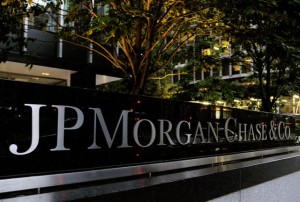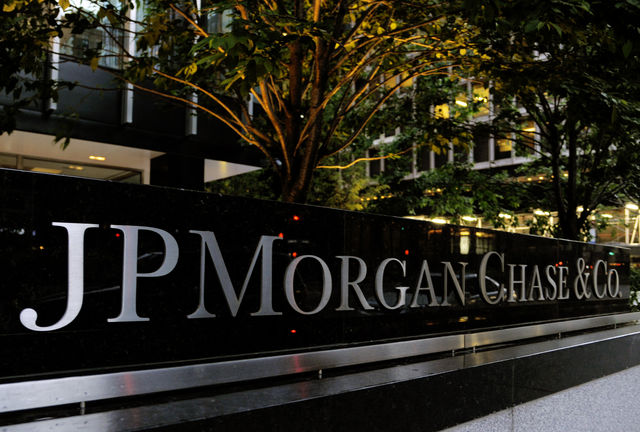 US investment bank JP Morgan could be forced to pay the largest fine in corporate banking history. The American financial services firm is facing up to $13 billion in fines for its involvement in selling misleading mortgage bonds to investors.
US investment bank JP Morgan could be forced to pay the largest fine in corporate banking history. The American financial services firm is facing up to $13 billion in fines for its involvement in selling misleading mortgage bonds to investors.
The bank was one of several major US banks to be involved in the large-scale selling of low quality mortgage bonds that resulted in the 2008 financial crisis. Other banks to have participated in the 2005-2008 mortgage controversy include Fannie May – a target of the SEC for securities fraud – and Freddie Mac.
Wall Street experts believe that the incredible $13 billion fine could lead to serious repercussions for the industry. Numerous financial commentators have weighed in on the fine, claiming that it could lead to further fines not just for JP Morgan’s main competitors, but for the bank itself as it owns up to further wrongdoing.
Banking analyst Nancy Bush, who works for NAB Research, claimed that the fine has ‘opened up the piggy bank’ for prosecutors and government agencies interested in a side of the financial industry that many outsiders feel has avoided prosecution. ‘This $13 billion … will embolden the DOJ and pretty much everyone else.”
Analysts believe that the primary reason for JP Morgan’s massive fine was the level of misrepresentation used by its mortgage-backed securities sales team during the years leading up to the crisis. Toxic mortgage-backed securities were sold to many investors as ‘nearly risk-free’ when they were in fact close to worthless.
Legal experts believe that the JP Morgan case will serve as a test for the Department of Justice, which, under the leadership of Eric Holder, is setting out to target many of the people most responsible for the 2008 financial meltdown. Many people believe that civil lawsuits filed by investors could follow the massive government fine.





